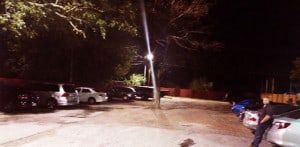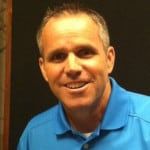Of the many approaches that exist to remove drunk drivers from the roads, Operation Safe Streets is one that really works.

Concerned about the backlog of DWI arrests – a backlog which resulted in thrown-out cases and wasted time and money – Chief Michael Crowley of the Mecklenburg County, North Carolina Alcoholic Beverage Control Board asked the question, “Why don’t we go to the places where people are drinking and stop them from getting in their cars?”
It was the right question to ask, and so operation Safe Streets was born. ABC officers began going to popular bar districts, finding drinkers who were on their way to the parking lot, and asking them if they thought they were in shape to drive. Most admitted they weren’t. Then the officers asked if they had a designated driver inside, or someone who could pick them up. If so, they made that arrangement. If not, a taxi was summoned.
Here’s where it gets interesting. Some drinkers didn’t have the money for a taxi. Officers in Operation Safe Streets gave them a voucher for a taxi ride.

Mecklenburg ABC
“In 10 operations, we got about 457 people home safely, and it cost about $450 in cab fares.” Think of what having 450 drunk drivers on the road might have cost: hospital bills, repair charges, legal fees, and costs to the state for arrest, prosecution and possibly imprisonment.
Taxpayers do not pay for Operation Safe Streets: it’s funded 100 per cent by the sale of spirits, which are controlled in North Carolina. Five percent of all alcohol sales must go to law enforcement in the state. So we have an unusual case in which alcohol actually helps prevent drunk driving.
With success proven, the program is part of the county’s strategic plan.
Chief Crawley notes that the police still do sobriety checkpoints and enforce DWI laws. If a drinker refuses to cooperate, the officers have their arrest powers. But the idea is to promote responsible behavior. “It’s not about arrest, arrest, arrest. It’s about people being responsible when consuming alcohol.”
After an operation, it’s common to see a number of cars sitting in a bar’s parking lot. Those are vehicles that would have been on the road, piloted by drunk drivers, had Operation Safe Streets not been there.
“We can make it safe for everybody,” says Crowley. “We feel it’s a good investment in the community.”
